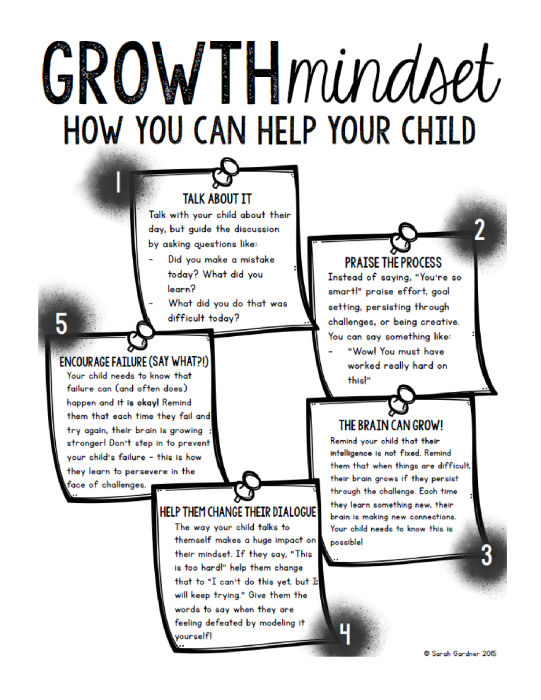When considering the whole children often times we failed to engage children's development programs. Perhaps we (some schools) are increased on areas of academics rather than drawing the interest of the children to be success in life. For instance, 21st century Global Marketing for young and older children pathway of learning. As educators, providing high quality questions that engage children growth mindset through adulthood strategies of learning. Which mindset do you have? After reading the statement and decide whether you mostly agree with it or disagree.
1.You are intelligent if something very basic about you that you can't change very much.
2. You can learn new things, but you can't really change how intelligent you are.
3. No matter how much intelligence you have, you can always change it quite a bit.
4. You can always substantially change how intelligent you are.Question 1 & 2 are fixed-mindset results and question 3 & 4 are a growth mindset. Dweck, C.S (2006).
From my experience working at a local middle school in my hometown (Visalia Ca), I realize how they (The school) was try to intertwined children's intelligence with adult experience. Exposing children to information literacy regarding technology. Allowing the children to “critical thinking” components of problem solving. And most importantly allow them to “communicate and collaborate” with one another. This is a few steps that this district was leaning towards technology in the 21st century. Refer to the book “Mindset by Carols S. Dweck,” focus on whole learning, involving parents, staff, business and community.
 What way should children be assessed? I believe in an holistic approach to education, schools environment seem to be focused more on the curriculum rather than engaging learning. In my opinion if you can ask any middle school or high school child their experience of school, more than likely, they're going to like classes that draw their interest. Classes such as PE, arts and crafts, home economic, auto mechanics in other electives application to the “Real world or having a growth mindset changes."
What way should children be assessed? I believe in an holistic approach to education, schools environment seem to be focused more on the curriculum rather than engaging learning. In my opinion if you can ask any middle school or high school child their experience of school, more than likely, they're going to like classes that draw their interest. Classes such as PE, arts and crafts, home economic, auto mechanics in other electives application to the “Real world or having a growth mindset changes."
Other may assess children with Gardner Multipiece Intelligences. Using test to see what they learned, what’s there interested and their strengths and weaknesses. In fact, Gardner originally described seven intelligences: linguistic, logical-mathematical, musical, spatial, bodily-kinesthetic (movement), interpersonal (social understanding), and intrapersonal (self-understanding), each associated with a particular brain region. (2013, March 08).
Which bring me to the growing international country of Brazil, share with Antonio Rodriguez experience of Fixed mindset vs.Growth mindset demonstration. The following video is about 37 minutes, or if you wanted the main point, watch the first 12 minutes and to grass the ideal of mindset.
Video: Antonio Rodriguez experience of Fixed mindset vs. Growth mindset
Dweck, C. S. (2006). Mindset: The new psychology of success. New York: Random House. Multiple Intelligences: What Does the Research Say? (2013, March 08). Retrieved April 14, 2017, from https://www.edutopia.org/multiple-intelligences-research


